After 53 years on the Aberdeen Mountain Rescue Team, Mario Di Maio is taking a step back.
The veteran joined the organization when he was 17. Now, he’s stepping down from his role as an operations team member.
He said: “I’ve gone from the youngest member of the team to the oldest over the 53 years, which has been quite an interesting experience.”
Current Aberdeen MRT team leader Stuart Warrender said there’s been a number of “last training sessions,” for Mr Di Maio. But that now he is properly stepping away it’s a sad moment.
He said: “His passion for the team and working with the team is extraordinary.
“He will be missed there’s no doubt about that, he’s got a lot of experience. The guys look up to him and they’ve learned a lot from him.”
During that time, has also been recognized with various awards, including an MBE in 2018.
Mr Di Maio, 70, said the ultimate decision to step back was an emotional one.
He said: “There comes a point when you’ve got to ask yourself the honest question, if I don’t step away now, when am I going to?
“I have no doubts it’s the right decision, but I am also very, very clear in my head that I am going to miss, hugely, the camaraderie and the friendships I have made over 53 years.”
Challenging start to his time on the team
Mario Di Maio never planned on spending the majority of his life Aberdeen MRT. He only initially joined by chance.
A colleague told him a story of a rescue from the previous weekend, and young Mario was inspired.
He said: “I went down for a meeting one Thursday and have spent the majority of my Thursdays with the team ever since.”
Since signing up for the organisation at 17, he has been on hundreds of callouts. Memorable ones include the Ben Macdui fighter jet crash in 2001.
His first major callout was the Cairngorm Plateau Disaster, in November 1971. Six students and their two hike leaders were stranded on the Cairngorm Plateau. Five of the students and one of the leaders died of exposure.
He said: “They were 15, 16 at that point I was 18, and that age difference at that point was not very much. The net result of that was I reflected back on that hugely. I could relate very much to their experience.”
“At some point I did wonder whether mountain rescue was for me, but as time went on, I began to realize I found it challenging both physically and emotionally.”
How has being on an MRT changed?
Mr Di Maio said since he first started, teams have paid greater attention to mental health.
He said: “You do ponder on these things over time. Back in the day of course there was no counselling you just put a brave face on it and carried on.
“We’ve learnt a lot of lessons since then about making sure people are comfortable with what they’ve encountered and been exposed to.
“The net result of that is I think the whole system works a lot more effectively, supporting team members, then it ever had in the past.”
Mr Di Maio said mountain rescue teams as a whole are more professional now. They are increasingly well trained in a wider array of skills, including first aid.
He said: “Rescue teams now in terms of their equipment and capability, compared to where they were when I joined the team in 1970, is worlds apart.
“Much of what we take for granted for equipment and clothing wasn’t even invented back then. Communications was a major problem in the mountains back in the 70’s and 80’s.”
Mountain rescue teams are now better equipped than ever have been, using more technical equipment.
He said: “But the downside of all of that is year-on-year it costs more and more to equip and run a mountain rescue team.
“The net result of that is that just puts a lot of additional pressure on teams to raise money.”
What’s next for Mario Di Maio?
Mr Di Maio plans on helping with that side of running a mountain rescue team. He will now be stepping into a support team member role.
He said: “I must say I have found it quite emotional. I don’t think you could do anything for 53 years and enjoy it, and then just suddenly say, ‘That’s it, I’m walking away.’
Outside of that, he plans on making the most of his new found free time hill walking and cycling throughout Scotland.
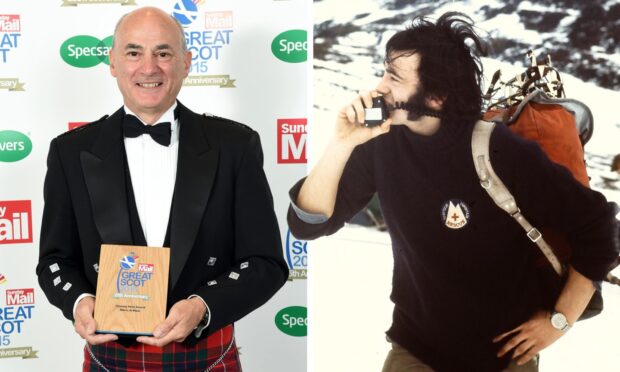
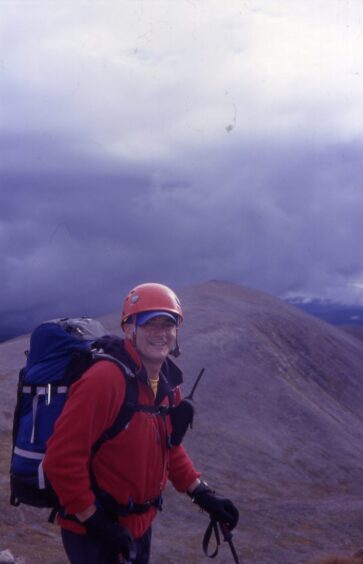
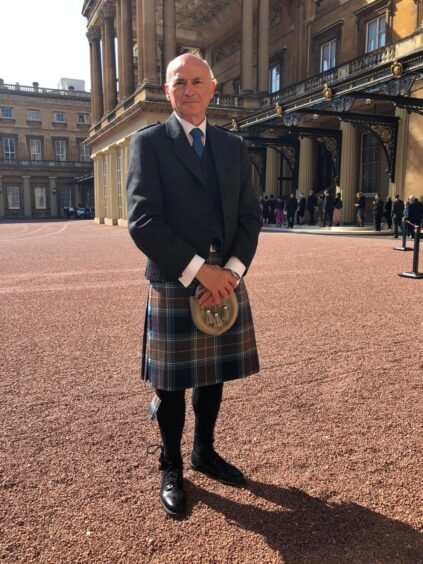
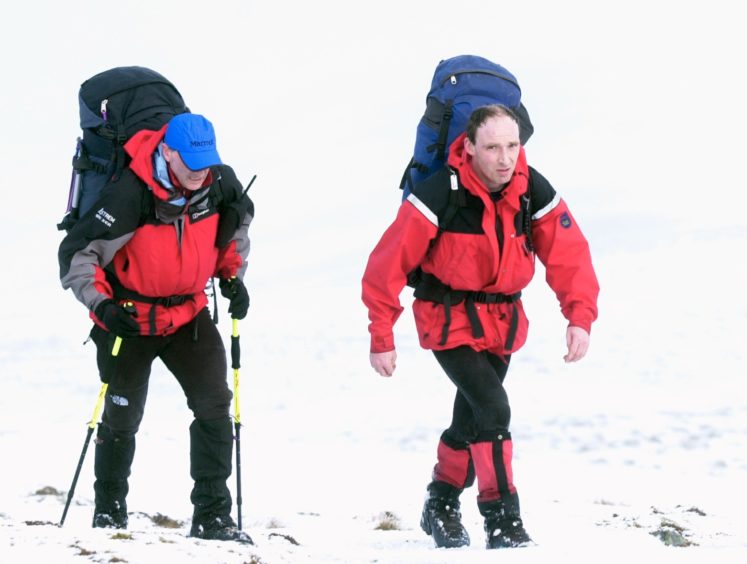
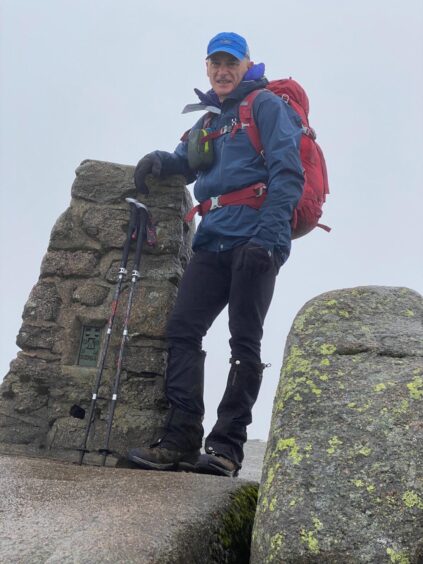
Conversation